Buy Inrebic (fedratinib) Online For Sale
$4,893.00
Inrebic (fedratinib) is administered orally to treat adult patients with intermediate-2 or high-risk primary or secondary myelofibrosis. Myelofibrosis results in the formation of scar tissue in the bone marrow and subsequent abnormal cell production.
Inrebic (fedratinib) is a medication used for the treatment of adult patients with intermediate-2 or high-risk primary or secondary (post-polycythemia vera or post-essential thrombocythemia) myelofibrosis. Myelofibrosis is a rare and serious disease characterized by the formation of scar tissue in the bone marrow. This condition leads to abnormal blood cell production, which can cause anemia, fatigue, and other symptoms.
Inrebic belongs to a class of drugs known as JAK inhibitors, which work by blocking the activity of the JAK protein. This protein plays a role in the signaling pathways that regulate blood cell production, and when it is overactive, it can lead to the development of myelofibrosis. By inhibiting JAK, Inrebic can help to reduce the formation of scar tissue and improve blood cell production.
Inrebic is taken orally, usually once a day, with or without food. The recommended starting dose is 400 mg, which can be adjusted based on the patient’s response and any side effects experienced. Common side effects of Inrebic include nausea, diarrhea, fatigue, and dizziness. In addition, Inrebic may cause a decrease in blood cell counts, which can increase the risk of infections, bleeding, and anemia.
Clinical studies have shown the efficacy of Inrebic in the treatment of myelofibrosis. In one study, patients who received Inrebic had a significant reduction in spleen volume compared to those who received a placebo. Spleen enlargement is a common symptom of myelofibrosis and contributes to the morbidity and mortality associated with the disease. In addition, Inrebic was found to improve symptoms such as fatigue and improve patient quality of life.
Inrebic represents an important treatment option for patients with myelofibrosis who have limited options available. It offers a targeted approach to reducing the formation of scar tissue and improving blood cell production. Healthcare providers should monitor patients closely for any side effects or changes in blood counts while taking Inrebic. In addition, patients should be aware of potential drug interactions and should inform their providers of any other medications or supplements they are taking.
In conclusion, Inrebic is an important medication used for the treatment of myelofibrosis. By inhibiting JAK activity, it can improve blood cell production and reduce the formation of scar tissue in the bone marrow, leading to improved patient outcomes. Although it may cause side effects, healthcare providers can monitor patients closely and make dose adjustments accordingly. For patients with myelofibrosis, Inrebic represents a new hope for improved symptom management and quality of life.
| Package | 120 capsules of 100 mg |
|---|
2 reviews for Buy Inrebic (fedratinib) Online For Sale
Add a review Cancel reply
Related products
Haematology
Haematology
Haematology
Haematology
Haematology
Haematology
Haematology


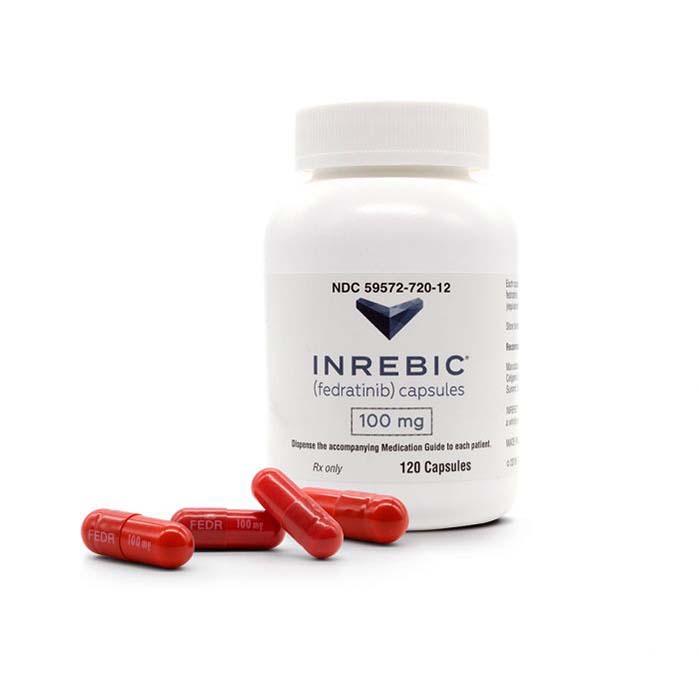
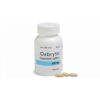
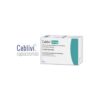
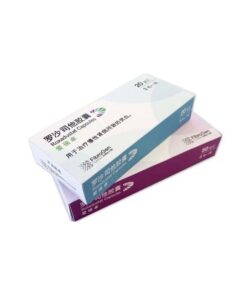
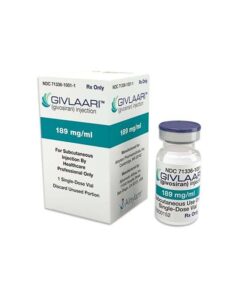
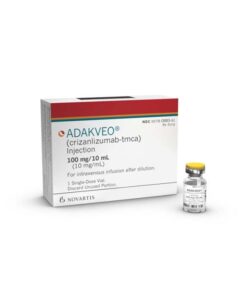
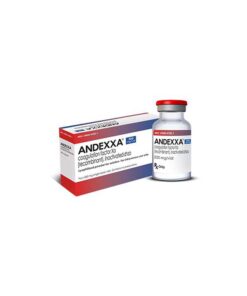
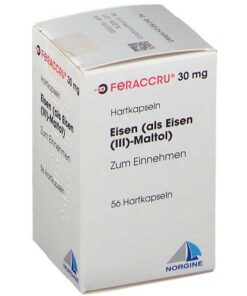

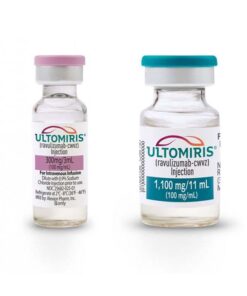
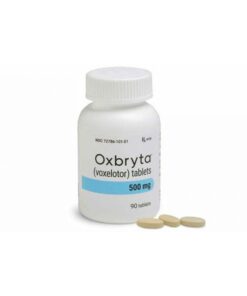
Linda K. –
I was struggling with night sweats and bone pain from myelofibrosis before starting Inrebic. After a few months on the medication, those symptoms have eased significantly. It’s helped me regain some normalcy and enjoy activities I had stopped doing. The treatment plan was straightforward, and I feel supported every step of the way.
George M. –
Living with myelofibrosis has been tough, especially the fatigue and abdominal discomfort. Since starting Inrebic, I’ve noticed a real improvement in my energy levels and my spleen feels less swollen. The side effects were manageable, and my doctor has been great guiding me through treatment. This medication has made a big difference in my daily life.